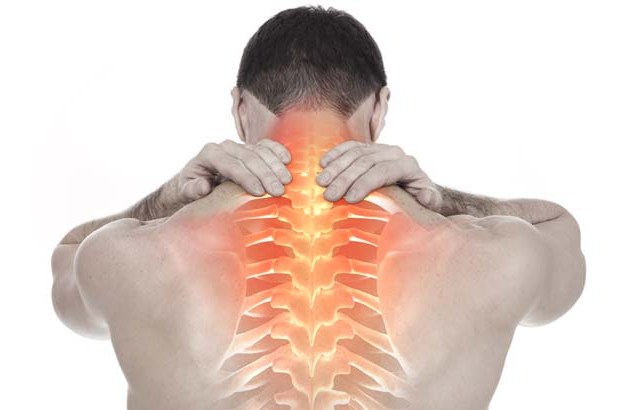Minimally Invasive Spine Surgery
Apr 19, 2022
Back pain is one of the most common problems in these times and can affect the spine. One treatment option for severe damage to the spine is the minimally invasive spine surgery. It is better than the conventional spine surgery in many respects. So, what is minimally invasive spine surgery?As compared to conventional open spine surgery, which is done with incision size of 5-6 inches,minimally invasive spine surgery or MISS is done with smaller skin incision, usually one inch in length or even less, with less tissue damage.

How is MISS performed?
The procedure is done under the influence of anaesthesia. The surgeon will make the incision of around 2 cm. Muscle tissue is split and tube dilators are inserted to reach lamina. A small hole is made in bone and nerve roots are exposed and preserved. The damaged tissue i.e. disc, hypertrophied ligaments, which are pressing on the nerve roots are removed. Implants can be inserted percutaneously as required. The incision is then closed with sutures.
What are the benefits of MISS?
Minimally invasive spine surgery causes less tissue damage, preserving normal structures, less blood loss, less postoperative pain and rapid postoperative recovery, decreased hospital stay, less chances of wound infection and rapid wound healing.
What are the Indications of MISS?
Disc herniation, Lumbar canal stenosis, Vertebral Fractures, spinal tumors, spinal instability, spinal deformity.
How safe is the minimally invasive spine surgery?
Spine surgery is very safe in expert hands. Complication rates are less than 1 %. Symptoms are improved in around 95 % of patients. Rare complications are CSF leak, numbness or weakness of legs, wound infection, adjacent-level degeneration, need of redo surgery.
How long it will take to recover?
Normally, patient can be able to walk same day with bearable pain. Patient is discharged in a day or two after surgery. You can return to your usual routine job within 3-4 weeks, but you need to refrain from heavy weight lifting and prolonged travelling for at least 3 months. After follow-up, the doctor will recommend some spine specific exercises to recover faster and prevent further spine-related problems.









